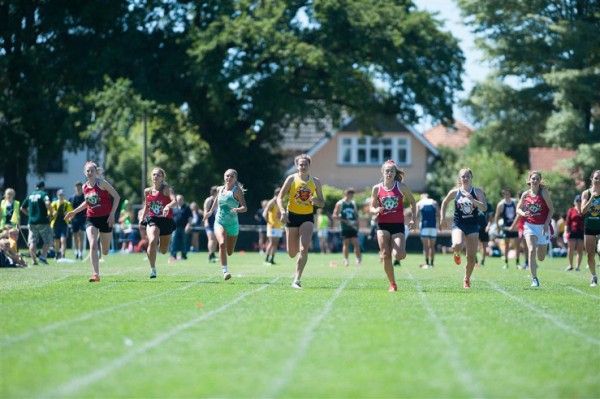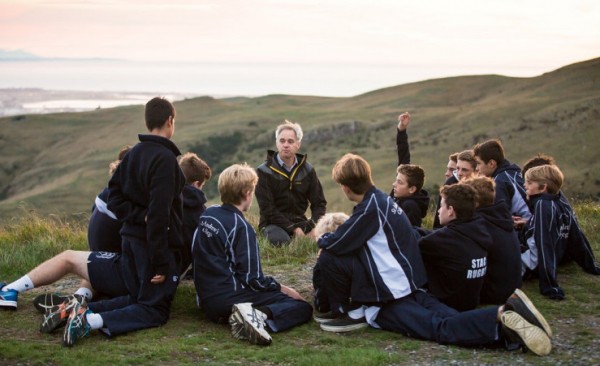
You are logged in as
Logout
You are logged in as
Logout
I have always been intrigued by the nuances of character. Each individual has a unique constellation of strengths that interact to make them who they are. One of the great joys of being an educator is interacting with a wide diversity of students (and staff). No two are ever the same; and nor would we want them to be.

Character strengths are the virtuous traits that reflect our personal identity and behaviour. In this sense, they are about ‘being’ and ‘doing’. Our character strengths produce positive outcomes for ourselves and others and contribute to the collective good. Professor Martin Seligman has emphasised that strengths are the pathway that lead to human flourishing and well-being. (You can read about St Andrew’s framework for well-being here).

A focus on human strengths is nothing new (far from it). Through history, philosophers have pondered human virtues and attempted to evaluate which are most important: Aristotle championed practical wisdom to be the master virtue; Confucius valued benevolence; Cicero celebrated gratitude to be the parent of all virtues and Saint Thomas Aquinas prioritised the Christian values of faith, hope and charity.
St Andrew’s College was founded on Christian values. Our chapel services are dedicated to virtues which develop positive relationships; Faith, Hope, Compassion, Respect, Honesty, Generosity and Responsibility.

In 2005, Professor Chris Peterson and Professor Martin Seligman embarked on an ambitious (and hugely fascinating) three-year project. During this time, they collaborated with over 55 leading academics on the topic of character in philosophy, virtue ethics, moral education, psychology and theology. Their research spanned religious texts and manuscripts, literature and poetry over the past 2500+ years. The goal was to classify the virtues and strengths found universally in human beings across religions, cultures, nations, and belief systems. No mean feat.
The result was the creation of the Values in Action (VIA) Classification of Strengths and Virtues. This framework provides a common language that describes what is best about human beings. It comprises of six virtues (wisdom, courage, humanity, justice, temperance, and transcendence), and 24-character strengths or values that provide the pathway to the virtues.
![]()
In the past decade, the VIA classification of character has been used and researched extensively, both in organisations and educational contexts.
Using character strengths is about much more than just completing a survey. Character strengths provide the basis for a philosophical shift.




This blog post discusses how our student leaders at St Andrew’s College are currently celebrating character through student agency.
This year, St Andrew’s College leadership and staff are participating in professional development using the Aware-Explore-Apply Model created by the world’s leading academic on VIA character strengths, Professor Ryan Niemiec. We believe it is important to develop an understanding of character strengths in our teams.
Character strengths will begin to be integrated explicitly and implicitly into our curriculum in 2019. Our Head of Health, Nicola Richards is doing great work in integrating character into our health curriculum. Tom Matthews, our Head of Guidance, also plans to host some parent seminars focusing on Strength Based Parenting.
My top character strengths are love of learning, appreciation of beauty and excellence and social intelligence. An understanding of my strengths has built my self awareness, resilience and improved my decision making.
Do you know your own strengths? What are the character strengths that you find most energising and natural to use?
Kerry Larby, Head of Well-being and Positive Education